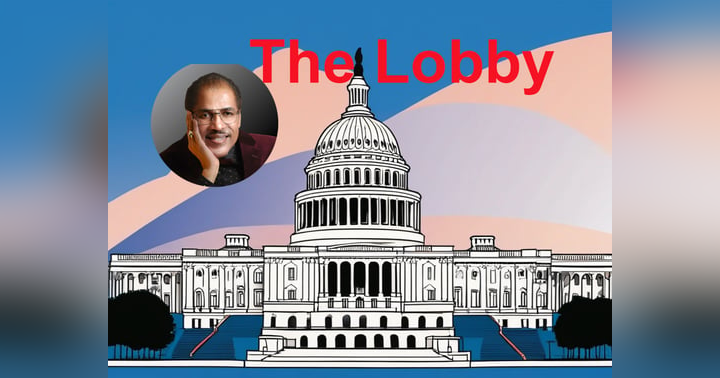The conflict between Israeli settlers and Palestinians has been a longstanding and deeply complex issue that has garnered international attention and condemnation for decades. The ongoing tensions between the two groups have been exacerbated by the actions of Israel's right-wing government and the Israeli Defense Forces (IDF), leading to a cycle of violence and unrest in the region.
To understand the current conflict, it is crucial to examine the historical context of the issue, dating back to the establishment of the State of Israel in 1948. The creation of Israel resulted in the displacement of hundreds of thousands of Palestinians, leading to the Palestinian refugee crisis and the loss of land and homes for many Palestinians. This initial act of dispossession has had lasting implications for the relationship between Israelis and Palestinians, setting the stage for ongoing conflicts over land and sovereignty.
One of the key factors driving the conflict is the expansion of Israeli settlements in the West Bank and East Jerusalem. Since the Six-Day War in 1967, Israel has steadily increased its presence in the occupied territories, building settlements on land claimed by Palestinians. The expansion of settlements has led to the displacement of Palestinian communities, destruction of homes, and restrictions on movement for Palestinians, creating a volatile environment of tension and resentment.
The Israeli government's support for settlement expansion has been a central issue in the conflict, with right-wing politicians advocating for the annexation of the West Bank and the establishment of a greater Israel. This aggressive stance has further inflamed tensions with the Palestinian population and has led to widespread condemnation from the international community.
The IDF plays a crucial role in the conflict, as it is responsible for maintaining security in the occupied territories and enforcing Israeli policies in the region. The IDF's presence in Palestinian communities has been a source of fear and trauma for many residents, with reports of excessive use of force, arbitrary arrests, and human rights violations by Israeli soldiers. The militarization of the occupation has created a climate of fear and instability, perpetuating a cycle of violence and retaliation.
One of the most pressing issues in the conflict is the issue of impunity for attacks carried out by Israeli settlers against Palestinian communities. Settler violence is a widespread problem in the occupied territories, with reports of attacks on homes, agricultural land, and individuals by extremist settlers. Despite these incidents, there is a lack of accountability for these crimes, with few perpetrators facing legal consequences for their actions.
The lack of accountability for settler violence has created a sense of impunity among Israeli settlers, emboldening them to carry out further attacks on Palestinian communities. This cycle of violence has contributed to the deteriorating security situation in the region and has fueled animosity between Israeli settlers and Palestinians.
The impact of settlement expansion on Palestinian communities is profound, with widespread displacement, destruction of homes, and loss of livelihoods for many residents. The expansion of settlements has fragmented Palestinian territories, making it difficult for Palestinians to access essential services and resources. The construction of the separation barrier, checkpoints, and roadblocks further restricts movement for Palestinians, creating a sense of isolation and confinement in their own land.
The psychological toll of the conflict is also significant, with many Palestinians experiencing trauma, anxiety, and stress as a result of living under occupation. Children are particularly vulnerable to the effects of the conflict, with reports of high levels of post-traumatic stress disorder and other mental health issues among Palestinian youth. The long-term impact of living under occupation can be devastating, with many Palestinians experiencing deep-seated feelings of anger, frustration, and hopelessness.
The international community has condemned Israel's actions in the occupied territories, with calls for the end of settlement expansion, respect for international law, and protection of Palestinian rights. The United Nations has repeatedly called for the withdrawal of Israeli forces from the occupied territories and the establishment of a viable Palestinian state based on pre-1967 borders. Despite these calls for action, progress towards a peaceful resolution of the conflict has been slow, with both sides entrenched in their positions and unwilling to compromise.
In order to address the ongoing conflict between Israeli settlers and Palestinians, it is crucial for all parties involved to engage in dialogue and negotiations to find a peaceful resolution to the issue. The Israeli government must take steps to halt settlement expansion, end the occupation of Palestinian territories, and respect the rights of Palestinian residents. The IDF must also be held accountable for its actions in the occupied territories, with measures taken to ensure that soldiers adhere to international law and human rights standards.
At the same time, Palestinian leaders must commit to non-violent resistance and diplomatic efforts to achieve their goals of self-determination and sovereignty. The international community must continue to pressure Israel to comply with international law and uphold the rights of Palestinian residents, working towards a just and lasting solution to the conflict.
In conclusion, the conflict between Israeli settlers and Palestinians is a complex and deeply entrenched issue that requires a concerted effort from all parties involved to achieve a peaceful resolution. The actions of Israel's right-wing government and the IDF have contributed to the worsening of the conflict, with settlement expansion, settler violence, and military occupation perpetuating a cycle of violence and animosity in the region. It is imperative for all parties to work towards a just and lasting solution to the conflict, respecting the rights and dignity of all individuals involved. Only through dialogue, negotiation, and respect for international law can a lasting peace be achieved in the region.




